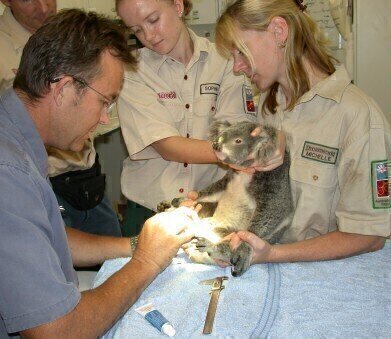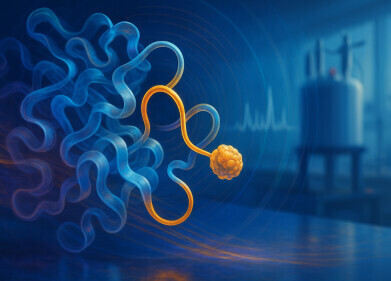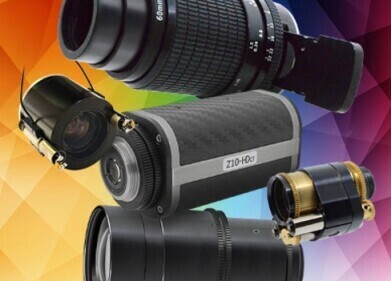Microscopy & microtechniques
Temperature Controlled Stages used to Study the Effects of Cryopreservation on the Quality of Koala Spermatozoa Samples
May 06 2015
Linkam Scientific Instruments report on the use of their temperature controlled stages in the study of the effects of cryopreservation of Koala spermatozoa in Australia.
Since the 1980s, AI has become a multi-billion pound global industry. However, despite all of the money being spent within the field, the success rates are still much lower than desired. There are many variables that can lead to unsuccessful treatments. One that has been highlighted is how incorrect cryopreservation can lead to adverse effects on the motility of spermatozoa samples.
Teams from the Dreamworld Zoo and the University of Queensland in Australia, along with experts from the Zoological Society of London have been looking at the mitochondrial functionality of the cells throughout the freeze/thaw process. Any mitochondrial damage can reduce this energy supply available within the cell, which in turn affects a range of ATP-driven processes including motility, signal transduction and ion transport. Even the slightest drop in ATP generation can have a huge effect on the fertility of the patient.
One key aspect of this particular study used fluorescent labelling to differentiate Koala spermatozoa cells between those with either low or high levels of mitochondrial membrane potential (MMP). Cryomicroscopy was used to identify the critical temperatures at which the cells became damaged.
The cells were subjected to cooling and heating cycles using the Linkam BCS196 cryo-stage to replicate the exact freeze/thaw processes seen in AI cryopreservation techniques. During the cooling and subsequent rewarming, simple subjective observations of sperm motility were also taken.
The study found that the cryopreservation of spermatozoa samples significantly and irreversibly reduced the proportion of cells with a high level of MMP which of course has negative knock on effects for fertility. The study also looked at how cryopreservation affects the plasma membrane of the cell, and whether or not cryoprotectants such as Glycerol may improve the viability of spermatozoa.
Dr Steven Johnson, who was a key member of this study, was highly impressed with the Linkam stage's ability to allow the samples to be analysed at cryo temperatures; “The Linkam cryo-stage in combination with fluorescent probes was most useful for determining in real-time the most sensitive stages of cryoinjury in koala spermatozoa.”
Digital Edition
Lab Asia Dec 2025
December 2025
Chromatography Articles- Cutting-edge sample preparation tools help laboratories to stay ahead of the curveMass Spectrometry & Spectroscopy Articles- Unlocking the complexity of metabolomics: Pushi...
View all digital editions
Events
Jan 21 2026 Tokyo, Japan
Jan 28 2026 Tokyo, Japan
Jan 29 2026 New Delhi, India
Feb 07 2026 Boston, MA, USA
Asia Pharma Expo/Asia Lab Expo
Feb 12 2026 Dhaka, Bangladesh

.jpg)
-(2).jpg)
















